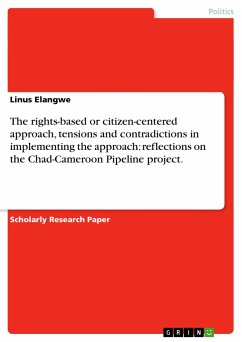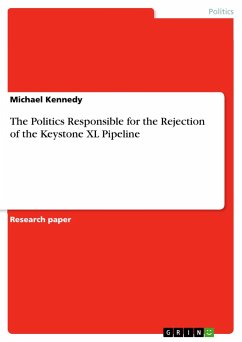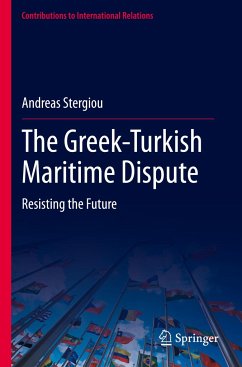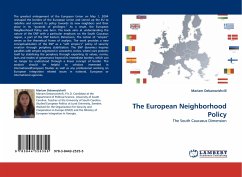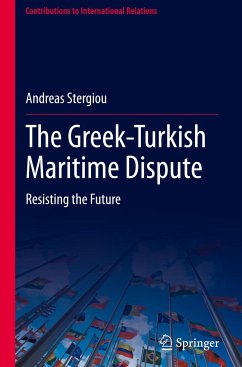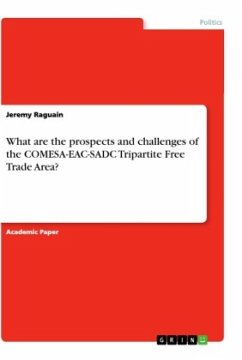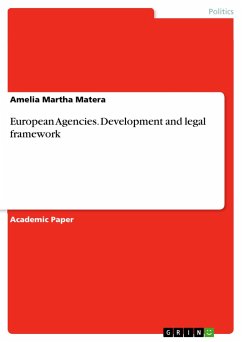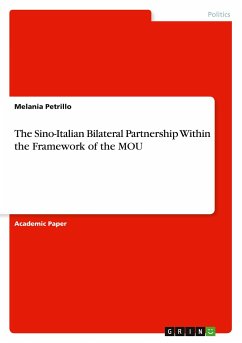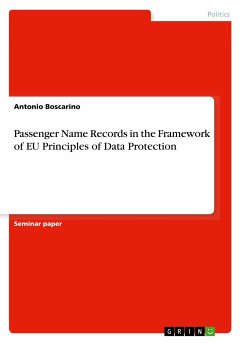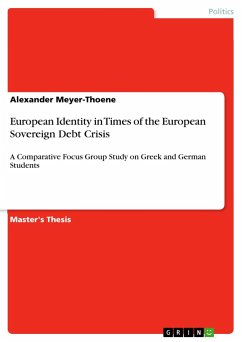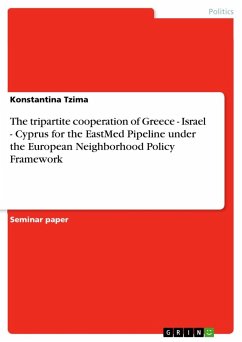
The tripartite cooperation of Greece - Israel - Cyprus for the EastMed Pipeline under the European Neighborhood Policy Framework

PAYBACK Punkte
0 °P sammeln!
Seminar paper from the year 2023 in the subject Politics - Environmental Policy, grade: 1,0, Panteion University, Athen (International, European & Area Studies), course: EU External Relations, language: English, abstract: In this paper the aim is to analyze that environment from the energy perspective, and to be more specific the role of the construction of the EastMed pipeline in transforming each of the countries involved in the project (Greece, Israel, Cyprus) as an energy hub for the transportation of natural gas to other EU countries. The Eastern Mediterranean is a very complex region con...
Seminar paper from the year 2023 in the subject Politics - Environmental Policy, grade: 1,0, Panteion University, Athen (International, European & Area Studies), course: EU External Relations, language: English, abstract: In this paper the aim is to analyze that environment from the energy perspective, and to be more specific the role of the construction of the EastMed pipeline in transforming each of the countries involved in the project (Greece, Israel, Cyprus) as an energy hub for the transportation of natural gas to other EU countries. The Eastern Mediterranean is a very complex region concerning the international political scene from various perspectives. An environment of long-term conflicts and instability is the key to understand and analyze the geopolitical shifts, not only generally but also in the wider region regarding the neighboring states. Greece, Israel and Cyprus have signed a mutual agreement for the implementation of this Project of Common Interest under the European Neighborhood Policy Framework and it seems quite ambitious. Nevertheless, the challenges presented could not be omitted from this analysis, not only financial ones but also those occuring from regional state actors, such as Turkey, which has adopted an overall negative stance towards the Project. In addition the European gradual decarbonization policy seems to further hinder the implementation of the pipeline via the EU Green Deal initiative, due to its plans which aim to the energy transition towards a cleaner, greener, environmentally sustainable future based on the model of the circular economy. Therefore, this paper initially presents an overview of the European Neighborhood Policy at the first chapter, then it proceeds to analyze the stance of each state involved in the tripartite cooperation as well as the particular challenges each one deals with at the second chapter, and last but not least it concludes at the third chapter with the impact of the Covid 19 pandemic on the Project and the shift of the European energy policy towards achieving the environmental viability by using the EU Green Deal Plan. Finally, an Annex at the end of this paper is provided in order to facilitate the reader's understanding of the facts here presented.




